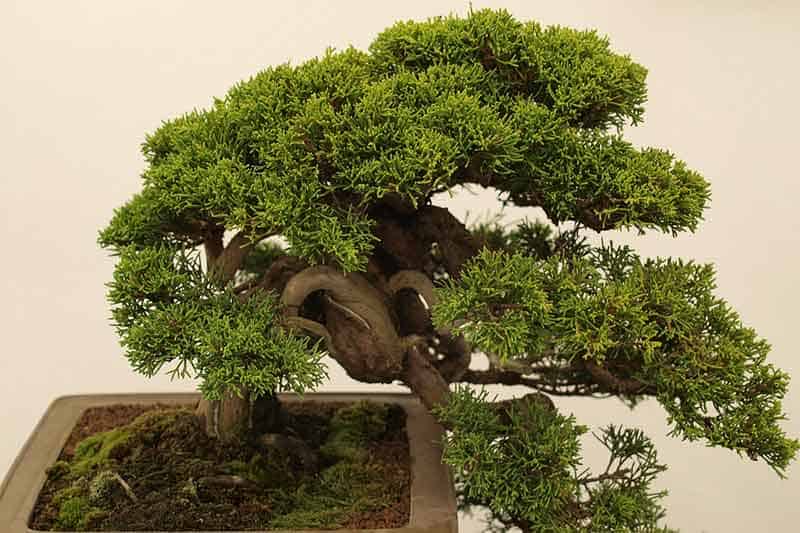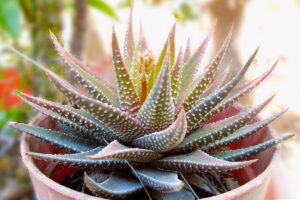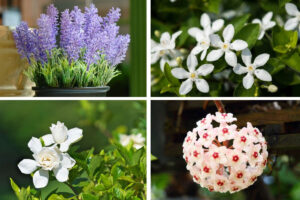This page may contain affiliate links. If you click and buy, we might get a small commission at no cost to you.
Different types of trees and plants live for different lengths of time, that’s a given. Many indoor plants probably live much longer lives than you’d expect. The jade plant can live for 70-100 years, a common spider plant can live for 20 years or more. At the same time, most begonias will only last about 2-3 years. In this article we’ll answer the question, how long do bonsai trees live?

First though, let’s look at exactly what a bonsai tree is.
What is a bonsai tree?
Bonsai is the ancient Japanese art form of shaping and developing trees to look like full grown trees, but preserve their small size. Today, a bonsai tree refers to one of several types of trees that have been developed in this way. They can be found for sale easily, and have become popular among houseplant owners in recent years.
How long do bonsai trees live?
We learned that bonsai trees can vary in species from one tree to the next. We also learned that different types of plants and trees live for different lengths of time. That tells us that it’s hard to put a number range on it, though it is safe to say that most bonsai trees live for a relatively long time.
As you’ll see below, some types of bonsai trees can even live to be over 1000 years old.
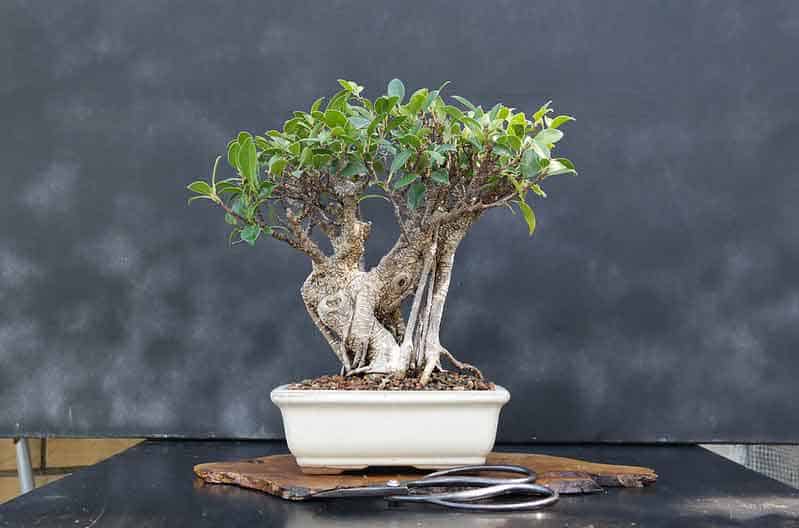
Different types of bonsai trees
- Ficus (Fig Tree): The Ginseng Ficus Bonsai tree can live to over 1,000 years old or more! Probably the easiest to take care of.
- Juniper: The Juniper Bonsai can also live over 1,000 years.
- Boxwood: A common boxwood can easily live 20 to 30 years. They are hardy and can tolerate the constant pruding and clipping.
- Japanese Maple: The Japanese Maple will live beyond 100 years in the right conditions.
This is just a few of the most popular trees used for bonsai. Here are 7 of the oldest bonsai trees in the world.
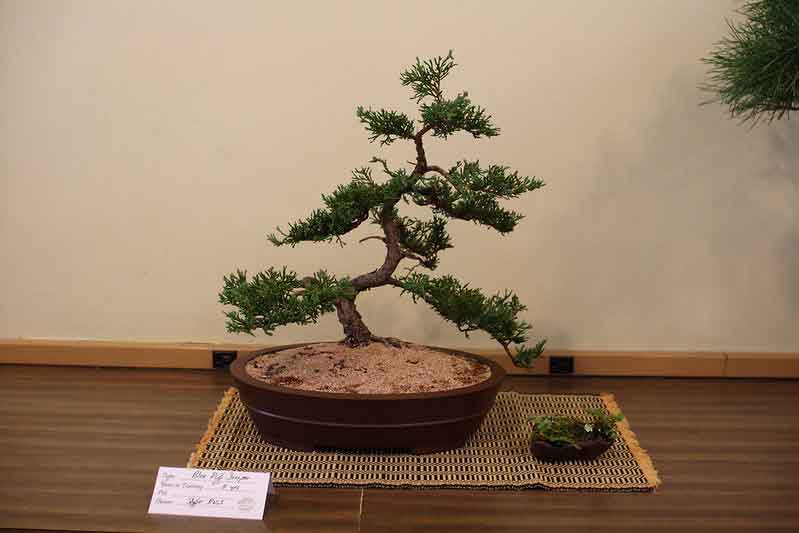
Can bonsai trees live inside?
Absolutely, bonsai trees can live inside. Most bonsai trees do well between 60 and 75 degrees, and enjoy lots of sunlight. All of the trees we’ve mentioned in this article can be grown indoors. There are however, several species that do quite well outdoors as long as you live in a warm region.
Most bonsai trees will not tolerate temperatures below 40 degrees Fahrenheit, and prefer closer to 60 at a minimum. So only keep your bonsai outside year-round if you live in an area with mild winters.
Having said that, bonsai trees do tend to do better outdoors in the right conditions. The Ficus Bonsai is really the only the only bonsai that will thrive indoors, which is mainly why it’s often recommended as an indoor bonsai for beginners.
Trees are in their natural habitat outdoors and if you live somewhere that you can have an outdoor bonsai tree, then also consider doing that.
What type of tree is a bonsai tree?
Many of the bonsai trees you see are Maples, Ficus, Fig Tree, or Boxwood. However many other types of trees have been developed into bonsai. Some examples of other types of bonsai trees are:
- Dwarf Mini Jade Tree
- Chinese Elm
- Money Tree
- Golden Gate Ficus
- And various different pine trees
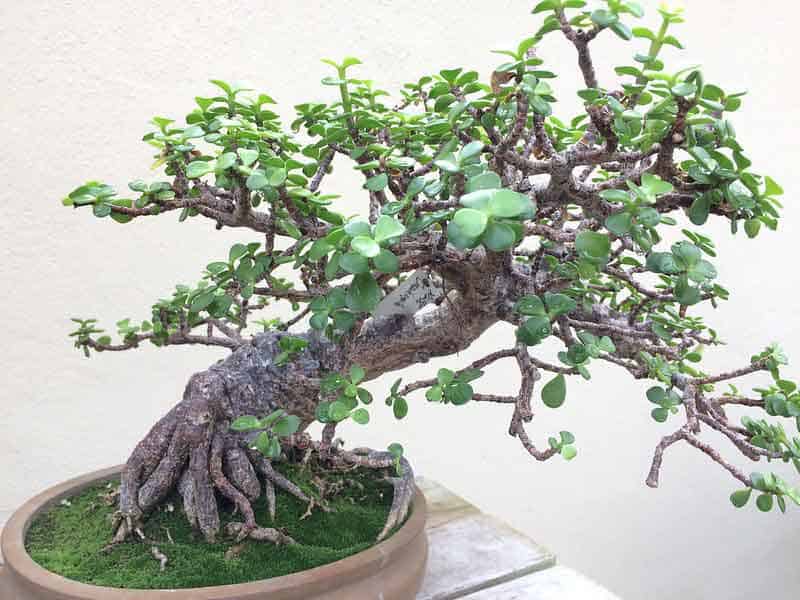
Conclusion
You can see from the examples above, that bonsai trees can live a very long time in some cases. But because the art of bonsai is applied to a variety of different trees, it’s hard to say the exact lifespan of a random tree.
If your bonsai is a Chinese Banyan, it may live longer than someone’s who is a Chinese Elm. Just do your research if something like this is important to your decision when shopping for bonsai trees.
Thanks for reading!
